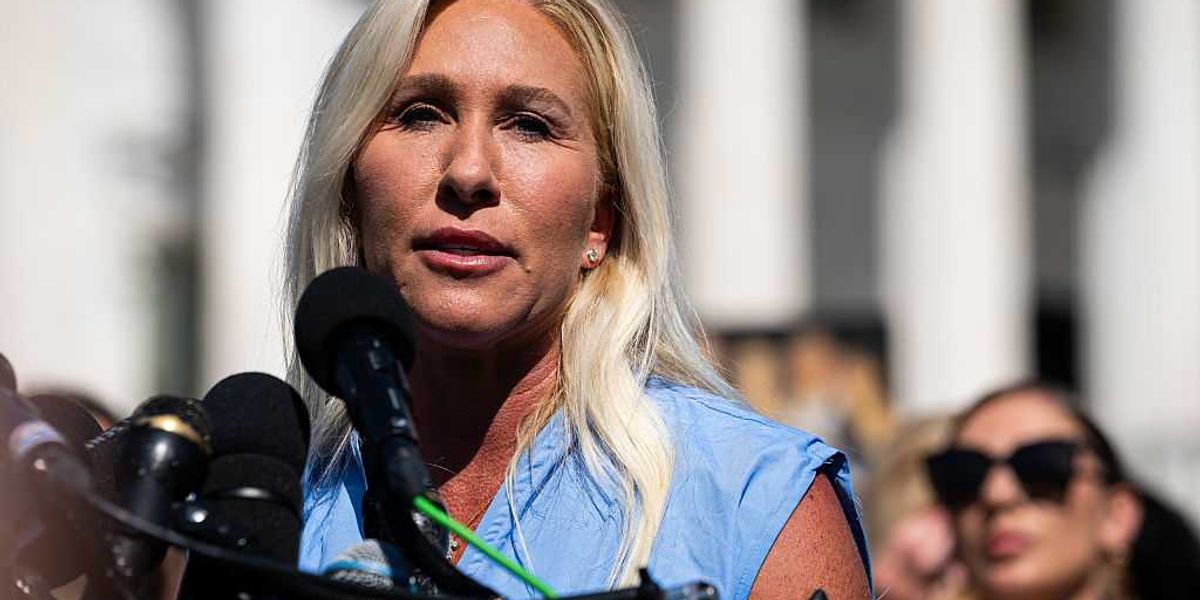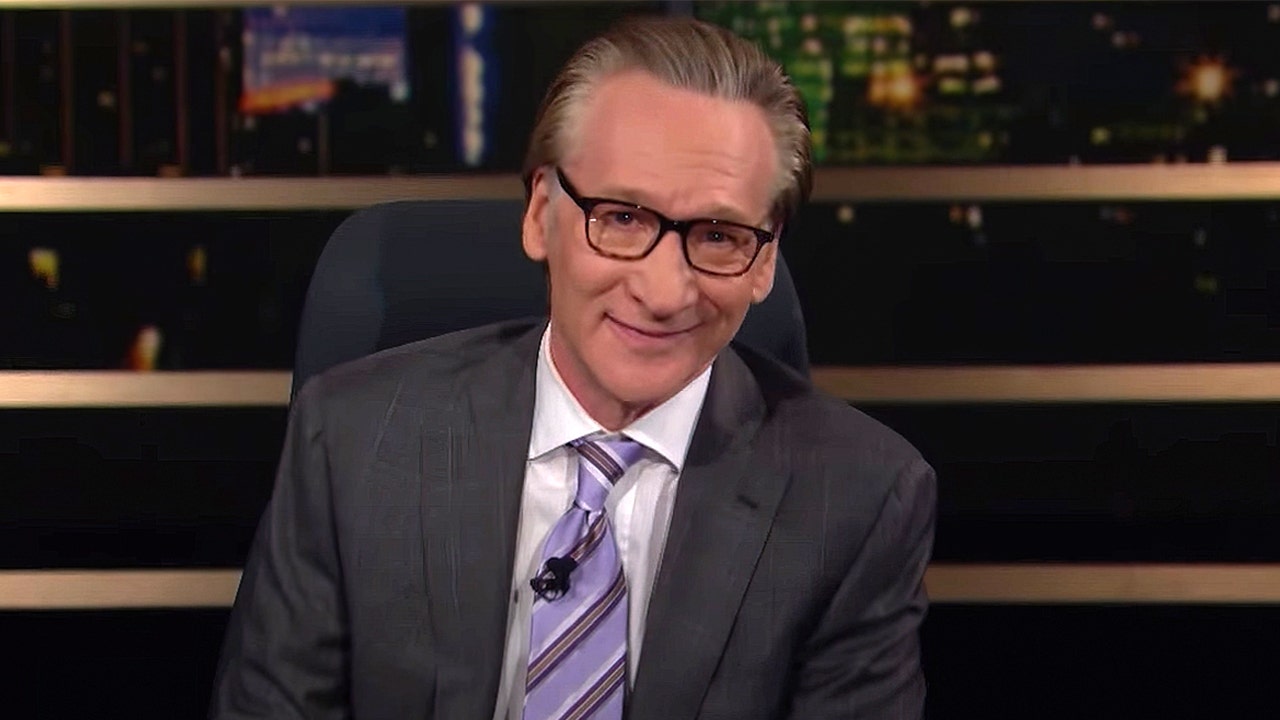Some Democrats are hoping to return to more center-left politics in the aftermath of the party’s brutal 2024 election losses, the New York Times reported on Wednesday.
Certain Democrats view the party’s 1992 comeback under former President Bill Clinton as a potential playbook for future elections, according to the NYT. The report comes as Democrats are seeking to find new party leaders to help them reclaim power during the 2026 midterms and 2028 presidential election — and seem to be split on whether to move in a more left-wing or centrist direction.
Some members of the Democratic Party sought to reinvent the party’s brand in the 1980’s and 1990’s by championing more moderate candidates, partly influenced by a push by the Democratic Leadership Council (DLC), a centrist Democratic political organization founded in 1985, the NYT reported. (RELATED: History Poised To Repeat Itself As TX Dems Mull Using Same Tactic That Failed 22 Years Ago)
“We thought the party was moving too far to the left,” former House Minority Leader Richard Gephardt told the NYT. Gephardt led the House Democratic Caucus during most of Clinton’s presidency and later mounted an unsuccessful bid for the presidency in 2004.
Clinton, who is often viewed as a moderate Democrat, ran for president in 1992 promoting policies such as vowing to “end welfare as we know it.” He signed a piece of legislation dubbed a “welfare to work” bill — passed by the GOP-controlled Congress — in 1996, the year he would go on to win reelection. Prior to Clinton’s first White House victory, Republicans won the previous three presidential elections in landslides.
“It established that there was a center-left in the Democratic Party that could win elections,” Elaine C. Kamarck, one of the DLC’s original leaders, told the NYT. “The party never went back.”
Seth London, a major Democratic Party donor, sent a memo addressed to “Discouraged Democrats” in November 2024, claiming that the party needs “a return to a politics centered on delivering the American dream through simple, concrete action” instead of “race and group-based identity politics.” Similarly, some prominent Democrats have criticized their own party in recent months for being too “weak” and promoting “wonky policies.”
137635 01: Presidential candidate Governor Bill Clinton (D-AR) speaks on the final weekend of his campaign October 30, 1992 in Springfield, OH. Clinton defeated four other major contenders for the Democratic nomination and defeated incumbent Republican George Bush in the presidential race. (Photo by Mark Lyons/Liaison) (Photo by Mark Lyons/Liaison via Getty Images)
Additionally, Matt Bennett, the founder of Third Way, a Democratic think tank that champions “moderate policy and political ideas,” told the NYT that Clinton-era Democrats “didn’t fear the left in the way that current politicians do.”
Some left-wing Democrats have risen to prominence in the party in recent months, including socialist Democratic New York City mayoral nominee Zohran Mamdani, and Abdul El-Sayed, a far-left candidate in Michigan’s 2026 Democratic Senate race backed by Independent Vermont Sen. Bernie Sanders. Many Democrats notably view Mamdani as a prospective future leader of the party. (RELATED: Left-Wing Firebrands’ Massive Fundraising Hauls Leave Vulnerable House Dems In The Dust)
Moreover, far-left Democratic Minneapolis mayoral candidate Omar Fateh, notched the official endorsement of the city’s affiliate of the Democratic Party on Saturday. Fateh’s policy platform notably draws many similarities to fellow socialist Mamdani’s.
Democratic Colorado Sen. Michael Bennet told the NYT he believes the lesson that Democrats need to learn from that era of politics is that their party needs to rethink what it “stands for.”
“The lesson to be taken from that era is that there needs to be an intentional rethinking about what the party stands for — for the sake of its national reputation,” Bennet told the outlet.
Though, Bennet explained to the NYT that he thinks Democrats need a more “compelling vision” for middle-class Americans instead of promoting centrist candidates.
“What they promoted turned out to be quite corrosive to the middle class,” Bennet added. “The Clinton people saw a need to moderate with centrist candidates. I don’t think that’s our issue. We need a compelling vision for the middle class of this country.”
“We need to figure it out for our own era,” Bennet added.
All content created by the Daily Caller News Foundation, an independent and nonpartisan newswire service, is available without charge to any legitimate news publisher that can provide a large audience. All republished articles must include our logo, our reporter’s byline and their DCNF affiliation. For any questions about our guidelines or partnering with us, please contact [email protected].
Read the full article here







![DOJ Drops the Hammer on Antifa After Officer Shot in the Neck During ICE Facility Attack [WATCH] DOJ Drops the Hammer on Antifa After Officer Shot in the Neck During ICE Facility Attack [WATCH]](https://www.lifezette.com/wp-content/uploads/2025/10/2025.10.09-01.35-lifezette-68e7ba0c8e807.jpg)


![Trump Breaks Up with ‘Wacky’ Marjorie Taylor Greene [WATCH] Trump Breaks Up with ‘Wacky’ Marjorie Taylor Greene [WATCH]](https://www.rvmnews.com/wp-content/uploads/2025/11/2025.11.15-08.51-rvmnews-69183f24940a7.jpg)

